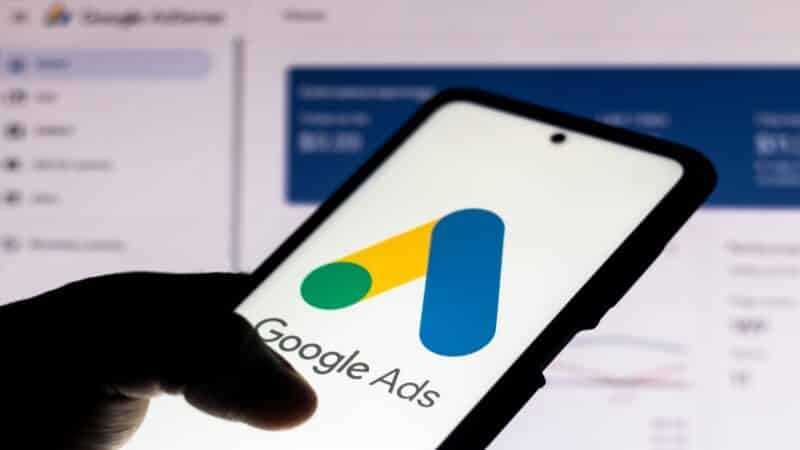
Stricter Identity Verification for Lawyers: Implications of Google’s New Policies
In a significant move to enhance security measures in legal service advertisements, Google is instating stricter identity verification requirements for law firms utilizing Local Services Ads (LSAs). This initiative aims to bolster protection against fraud and impersonation, a growing concern within the industry. However, the implications of this policy raise important questions for legal practices that may now face added operational burdens.
As of November 15, 2024, law firms that wish to continue using LSAs must comply with a new verification protocol. This move requires not just business owners, but also senior partners and any professionals showcased in the advertisements to validate their identities. Lawyers should expect an email from Evident, Google’s designated verification partner, beginning September 16, prompting them to complete the identity verification process within a 30-day window. This step involves cross-referencing each lawyer’s information with professional licensing records, ensuring that all advertised practitioners meet required legal standards.
An essential aspect of this process is the need for a unique email address for each featured professional, which must be organized by the same September 16 date. This requirement underscores the importance of robust case management practices within law firms and emphasizes the necessity of adhering to digital organizational standards.
Failure to comply with these new verification protocols could have serious repercussions, including the suspension of a firm’s advertisements. This could lead to diminished online visibility and a reduction in potential client attraction—outcomes that are particularly concerning during a time when digital outreach plays a crucial role in a law firm’s growth strategy.
This new policy has sparked discussions in the legal community about the strain it may impose on firms already juggling day-to-day responsibilities. Many law firms may find themselves at a disadvantage if they cannot meet these compliance obligations in a timely manner, forcing them to integrate administrative duties related to verification into their already busy schedules.
From a broader perspective, this change not only enhances consumer confidence in legal services but also presents a noteworthy intersection with URL shorteners and short link management. Legal firms can leverage URL shorteners to streamline their outreach efforts, making it easier to disseminate ads while tracking engagement—a key factor in effective marketing in the digital age. Managing short links can also reflect the firm’s responsiveness to client needs, aligning perfectly with their compliance and promotional strategies.
In conclusion, while Google’s stricter identity verification requirements serve to strengthen the security of legal advertisements, they also challenge firms to adapt and prioritize compliance amidst their primary business activities. The integration of innovative digital tools, such as URL shorteners, into marketing practices may offer law firms a strategic advantage in navigating these changes.
#BitIgniter #LinksGPT #UrlExpander #UrlShortener #LegalMarketing #DigitalStrategy
Want to know more: Read more here


